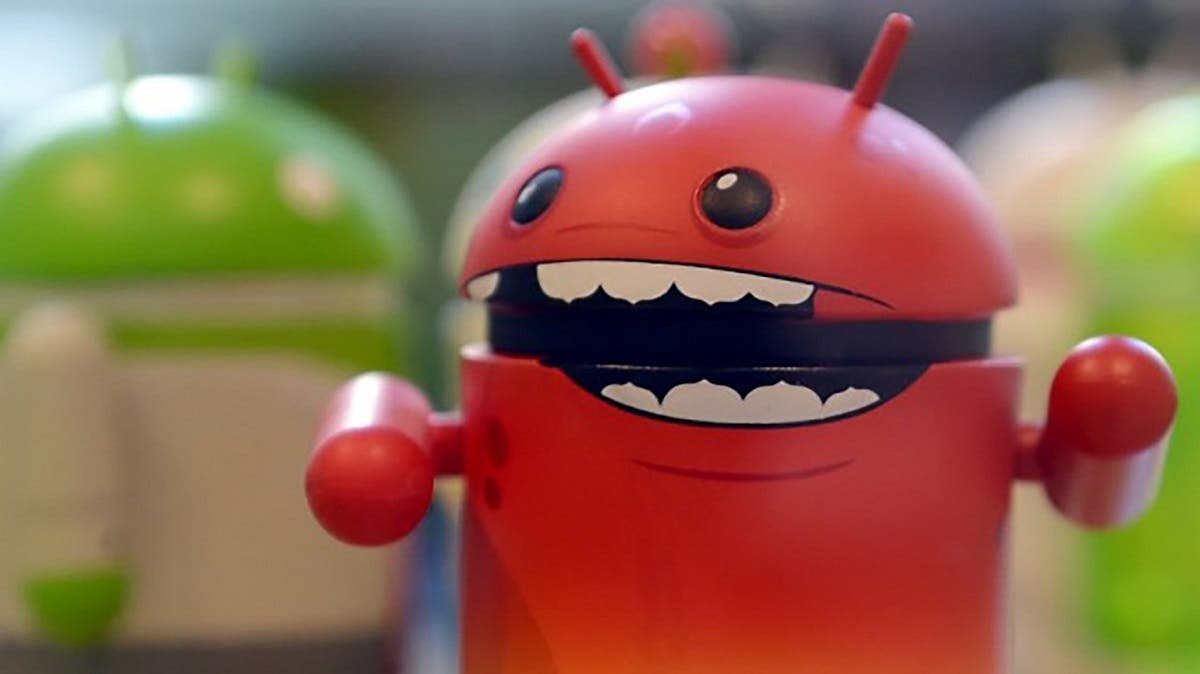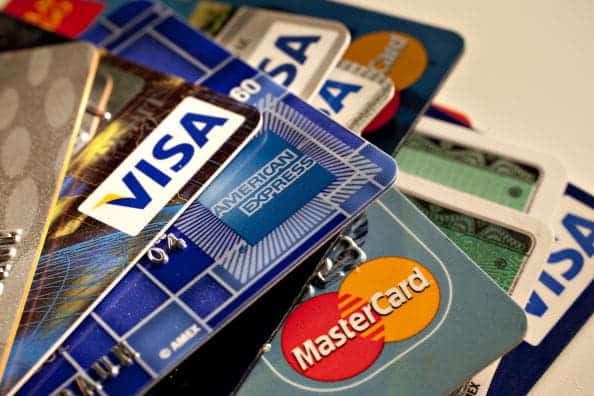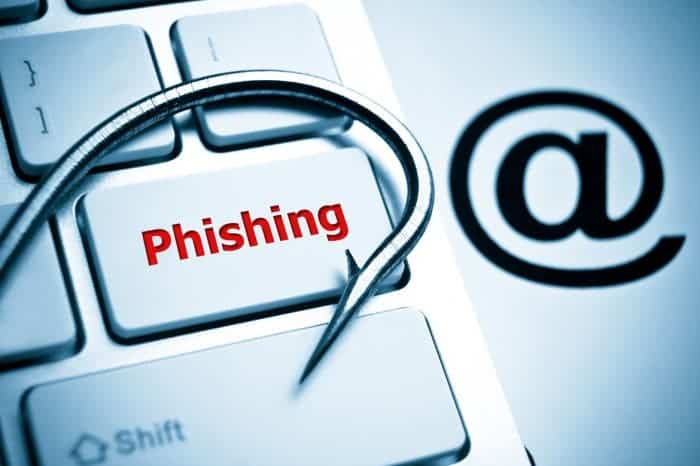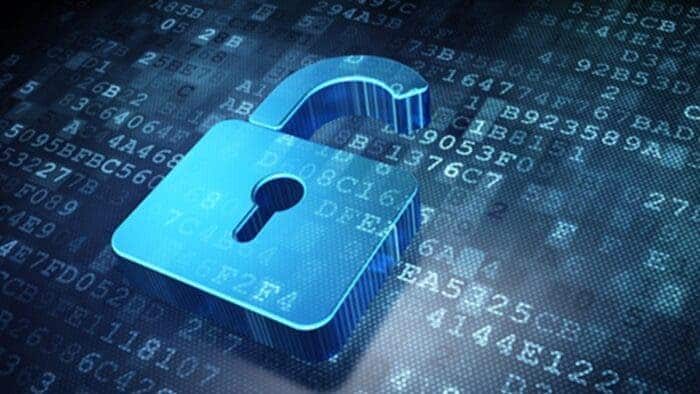Since modern users spend a lot of time on the Internet, they often have to create many different files and exchange personal data especially through their iOS and Android devices. All would be good, but there are risks of running into hackers and intruders who can use this data. Therefore, the first place should be the protection of your data. Moreover, cybercrime has been gaining momentum lately.
So how do you ensure that you are as secure as possible so you don’t have to worry about your data being taken over by third parties? Of course, first of all, it is worth remembering that most of the protective functions can be provided by a full-fledged antivirus application. However, better protection can only be achieved if you follow a few helpful rules.
BE CAREFUL WITH LINKS

Links in emails are generally considered the most dangerous. Fraudsters often send spam emails containing links to malicious resources or links to download virus programs. They disguise them as harmless links and in every possible way try to provoke their potential victims to follow them.
As a result, a naive user may be redirected to a fraudulent resource where spyware will be automatically downloaded and installed. In addition, clicking on a questionable link may direct you to a site that will be a clone of some well-known and popular Internet service. This method of deception is called phishing, and it is a very common practice.
Usually, on such sites, you need to enter personal information: login and password. An unsuspecting user fulfills all the requirements of the site and, thereby, voluntarily transfers important information into the hands of a hacker.
Even worse, the user has no idea that he has become a phishing victim. After entering the password, the fake site shows a fake error and redirects to the official site, where the user re-authorizes and performs the desired actions.
Remember, you shouldn’t click on suspicious links left on various forums or sent in emails! The best option in such situations is to find a link to the required resource in an official source. For example, by searching for it in the search engines like Google. Moreover, it will not take much time.

DON’T FORGET TO CHANGE PASSWORDS
Most users use the same password for different accounts. This is not worth doing, because by hacking one of your accounts, an attacker will be able to gain access to your other accounts and steal personal data. Therefore, for each account on different sites, you must have completely different passwords, which are recommended to be changed from time to time.
In addition, your password should always be of increased complexity so that it is difficult to crack. A truly strong password is one that alternates between uppercase and lowercase letters combined with numbers and punctuation marks. You should not use names, nicknames and dates of birth as a password, since such passwords are the easiest to crack.
If you have difficulty remembering passwords, then you can always use a password manager – a special program that stores all passwords in one place.
USE MULTI-FACTOR AUTHENTICATION
For more reliable data protection, many serious Internet resources have a special function through which you can activate multi-factor authentication. For example, after activating it, to access your personal account, in addition to the password, you will need to enter the code sent to the linked phone number in the form of SMS.
If you have a choice, then it is better to use double authorization using the Google Authenticator app. In this case, the codes will work, even if there are interruptions in the delivery of SMS from your operator, or there will be no connection at all.
This will create an additional obstacle for unauthorized persons who decide to hack you; in order to gain access to your personal data. Yes, this is not very convenient, since you will have to enter an additional code every time; but, believe me, it’s worth it.
TRY NOT TO USE DEBIT CARDS ONLINE
Online shopping for many has long become quite a common thing. However, it is not recommended to use debit cards when making online payments. For such purposes, it is best to use electronic payment systems or virtual cards.
The best option is to create a separate virtual card that will be used exclusively for online payments and set special parameters and restrictions for it. For example, block it if it has not been used for some time, set the parameter “only pay on the Internet”, replenish it immediately before payment and do not store money on it.

DON’T FORGET ABOUT UPDATES
To keep your device fully functional and protected, you should use the latest version of Android and iOS and even your desktop operating system and perform regular updates. Updates not only improve security, but also eliminate system errors.
It is also worth remembering that other applications running on your device also need constant updating: browsers, antivirus software, system utilities, and other third-party applications. Regular updates are the key to the security and smooth operation of all applications and the system as a whole.
USE EXCLUSIVELY OFFICIAL APPS
Quite often you have to install apps on your Android device or Jailbreaked iOS device. At the same time, many users use various dubious sources, not really worrying about security. This is not worth doing, since hackers often disguise their viral applications as some popular free apps. It is better to use an official source (Google Play Store and Apple App Store); and buy the app, if necessary than suffer the possible consequences.

DON’T STORE SENSITIVE INFORMATION ON CLOUD PLATFORMS
Cybercriminals pay attention to many little things, and recently they have begun to show interest in cloud storage; realizing the fact that many users widely use such services to store their files and data.
Therefore, it is highly discouraged to store data of particular importance in cloud storage. In addition, you should not use removable media as storage, such as external hard drives or flash drives. After saving important files, for example, on a USB flash drive; you can forget about it and lend it to someone you know, who can eventually use your valuable data.
BE CAREFUL WITH SOCIAL MEDIA
To support communication and entertainment, many users have social media profiles. It is convenient and practical, but not entirely safe. The problem is that social networks are used not only by ordinary people; but also by dangerous scammers who can not only hack profiles; but also mislead by extorting personal data from naive users.
Therefore, sharing especially valuable information and exchanging important files using social networks for these purposes is not a very smart decision. Also, you should not trust unfamiliar contacts and join doubtful communities.
Compliance with all of the above recommendations; in combination with the use of antivirus software will help to significantly increase the level of security. And do not forget about caution, be vigilant in any situations, do not trust unfamiliar contacts; do not follow suspicious links and do not download everything from the Internet. Better to play it safe once again than to be a victim of scammers. In the end, we wish you a pleasant and safe experience using your internet-connected devices.

